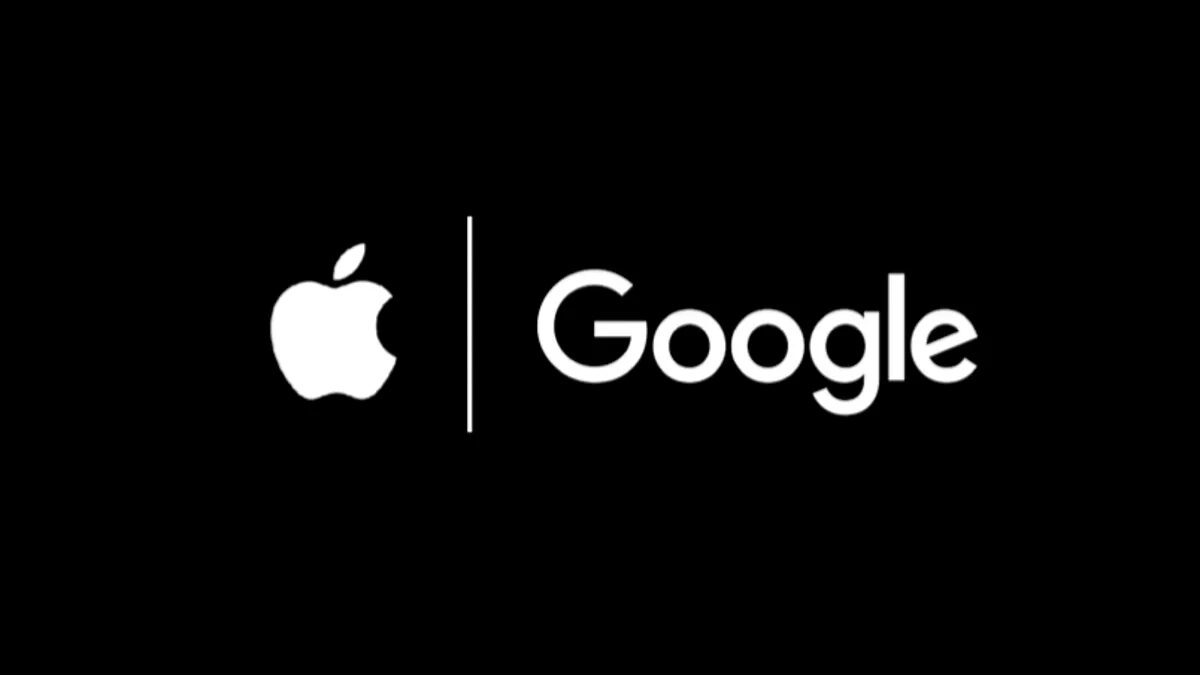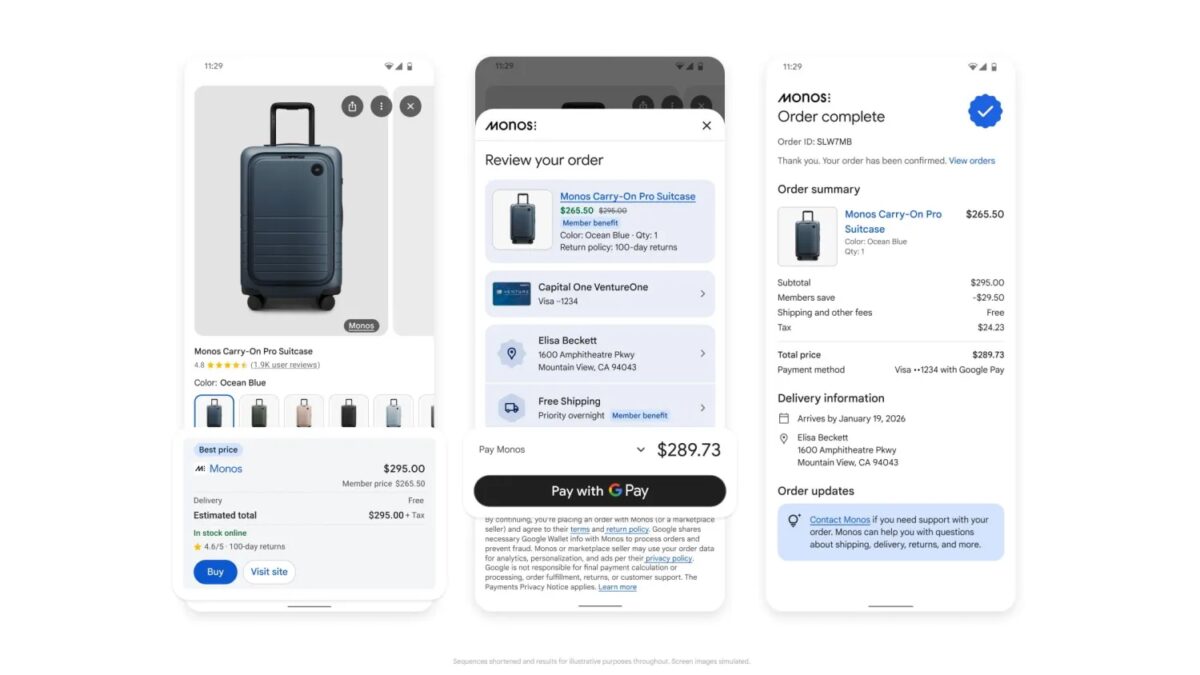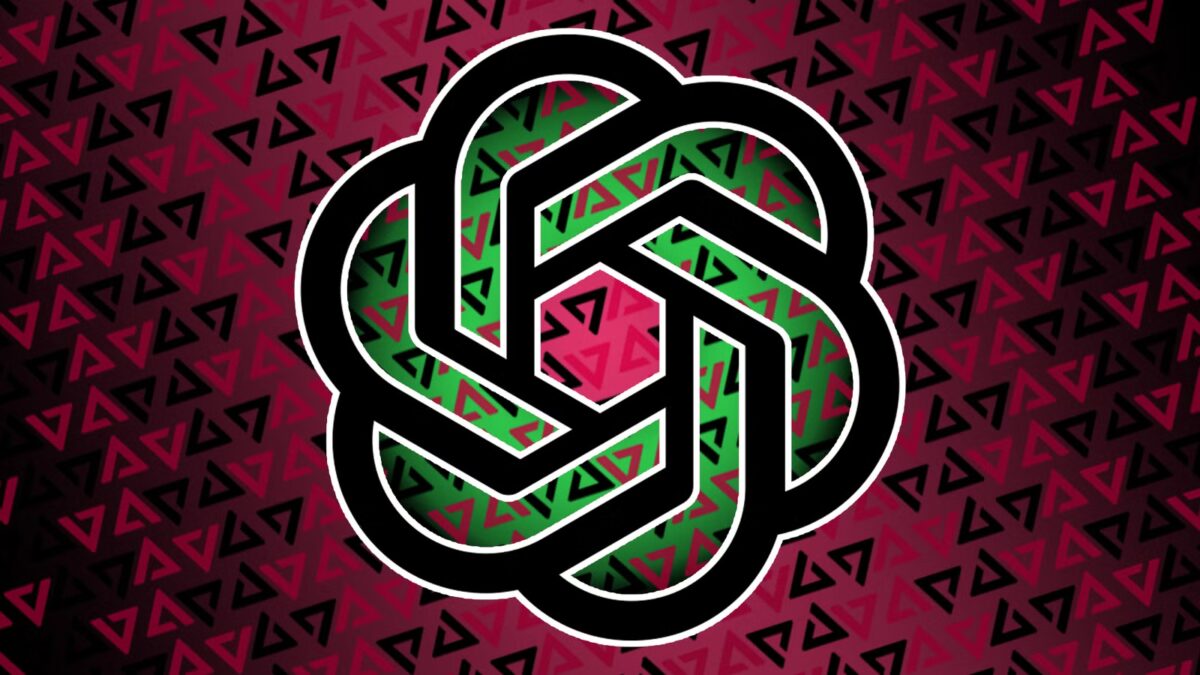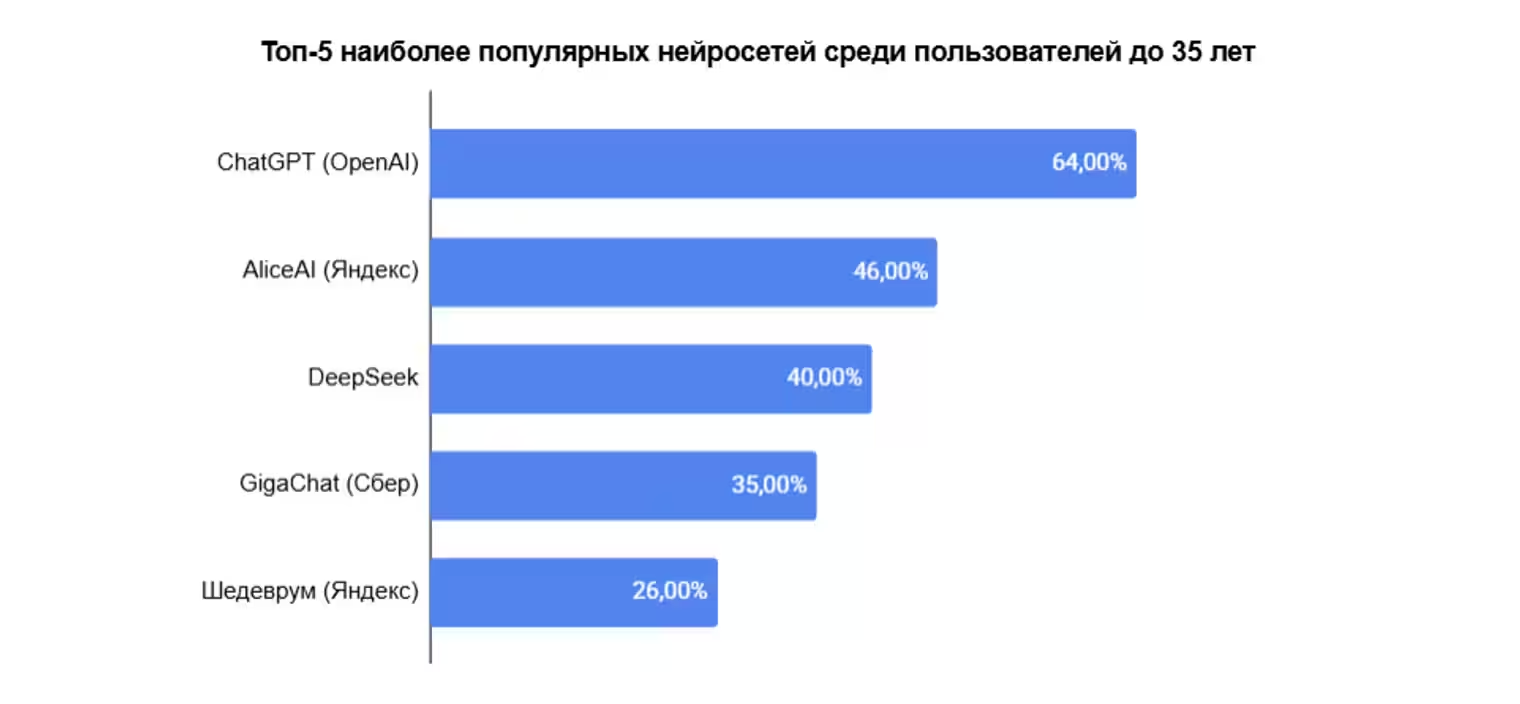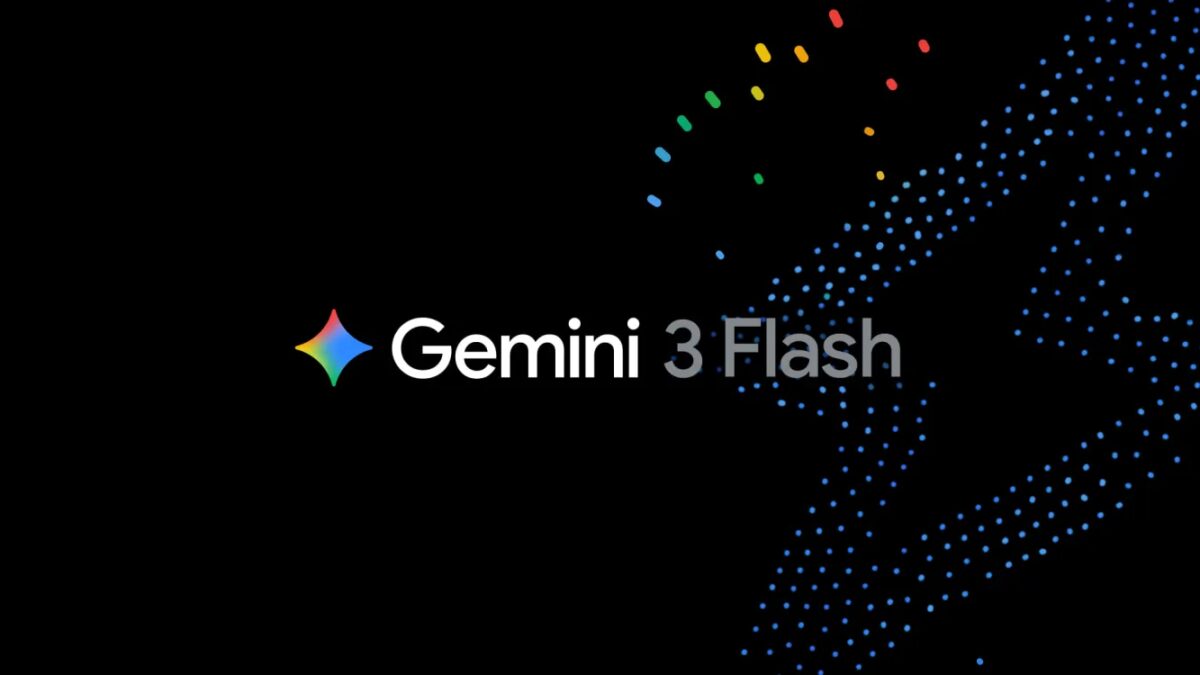Alphabet CEO urged not to rely on AI answers without verification

People should not trust the answers of AI tools unconditionally, Alphabet chief Sundar Pichai told the BBC. He noted that current models are error-prone, so they should be used in conjunction with other sources of information.
He said that the current models are error-prone, so they should be used in conjunction with other sources of information.
In a conversation with the BBC, Pichai emphasized that AI is “error-prone,” so it’s important to draw on a diverse information environment. He said this explains the demand for Google search and other services focused on data accuracy. AI can be useful when creativity is required, but Pichai noted that users “need to understand what these tools are good for and not trust them without validation.” He added that the company is committed to providing the most accurate information possible, but the current level of technology does not preclude inaccuracies.
The company is committed to providing the most accurate information possible.
Pichai’s comments amid the launch of Gemini 3.0
The tech market is awaiting the consumer release of Gemini 3.0, which is gradually giving Google back lost ground. In May, the company began rolling out AI Mode in search, integrating the Gemini chatbot for more expert user interaction. At the time, Pichai called this integration “a new phase of shift in the AI platform.”
The company is looking to keep its competitive edge amid services, including ChatGPT, that have increased pressure on Google’s search dominance. Pichai’s remarks echo a BBC study published earlier this year: it noted that AI chatbots incorrectly retold BBC content. In the experiment, ChatGPT, Copilot, Gemini and Perplexity AI were given BBC texts and answered questions about the content. The study said the models’ answers contained “significant inaccuracies.”
Security, regulation and competition in the AI market
Pichai noted that technology development is moving faster than the implementation of risk mitigation measures. He said Alphabet is trying to combine “boldness and responsibility” as users expect a high rate of adoption.
He said Alphabet is trying to combine “boldness and responsibility” as users expect a high rate of adoption of new solutions.
The company is ramping up investment in AI security in proportion to investment in the technology itself. Pichai gave an example of an open-source tool that can determine whether an image is created with AI.
When asked about the comments Ilon Musk found, in which he expressed concerns that DeepMind could lead to an “AI dictatorship”, Pichai commented that no company should have complete control over such a powerful technology. However, he emphasized that the AI ecosystem today is made up of many players. “If there was a single company developing AI and the rest of us had to use only its product, it would be alarming. But we are very far from such a situation,” Pichai said.

